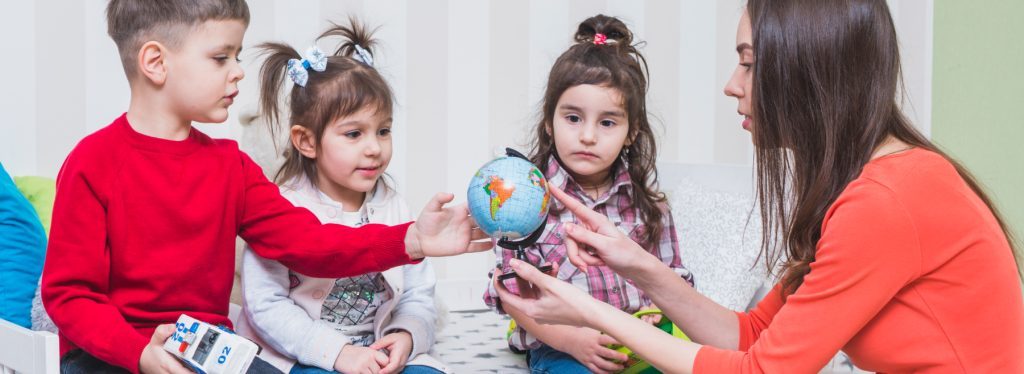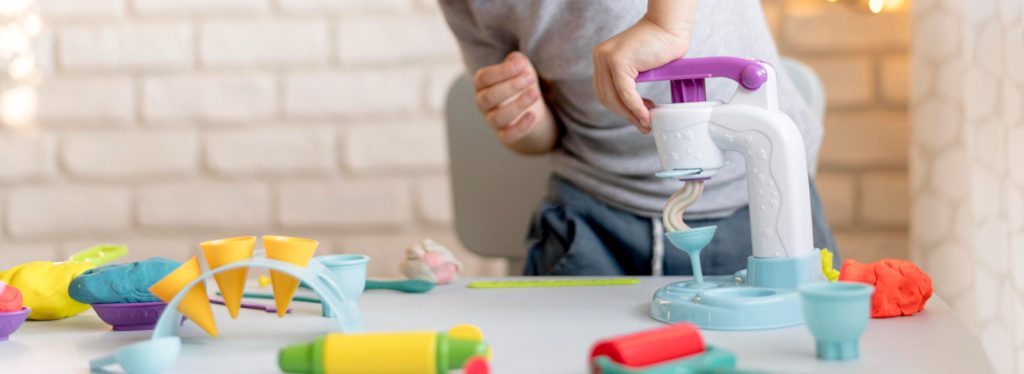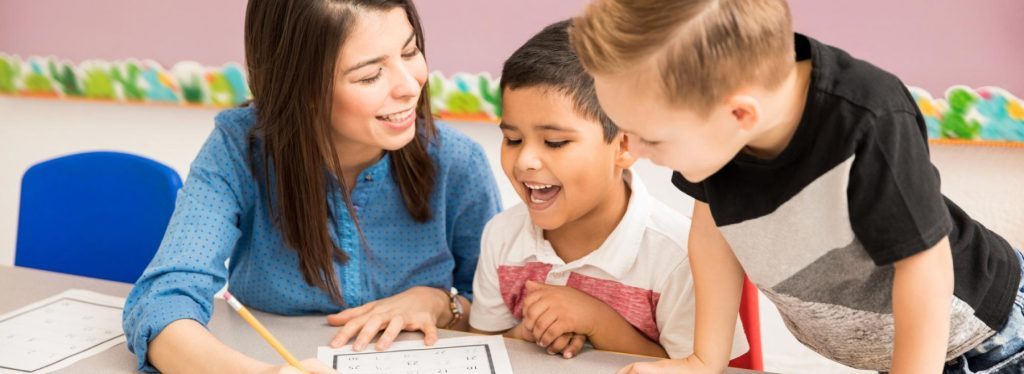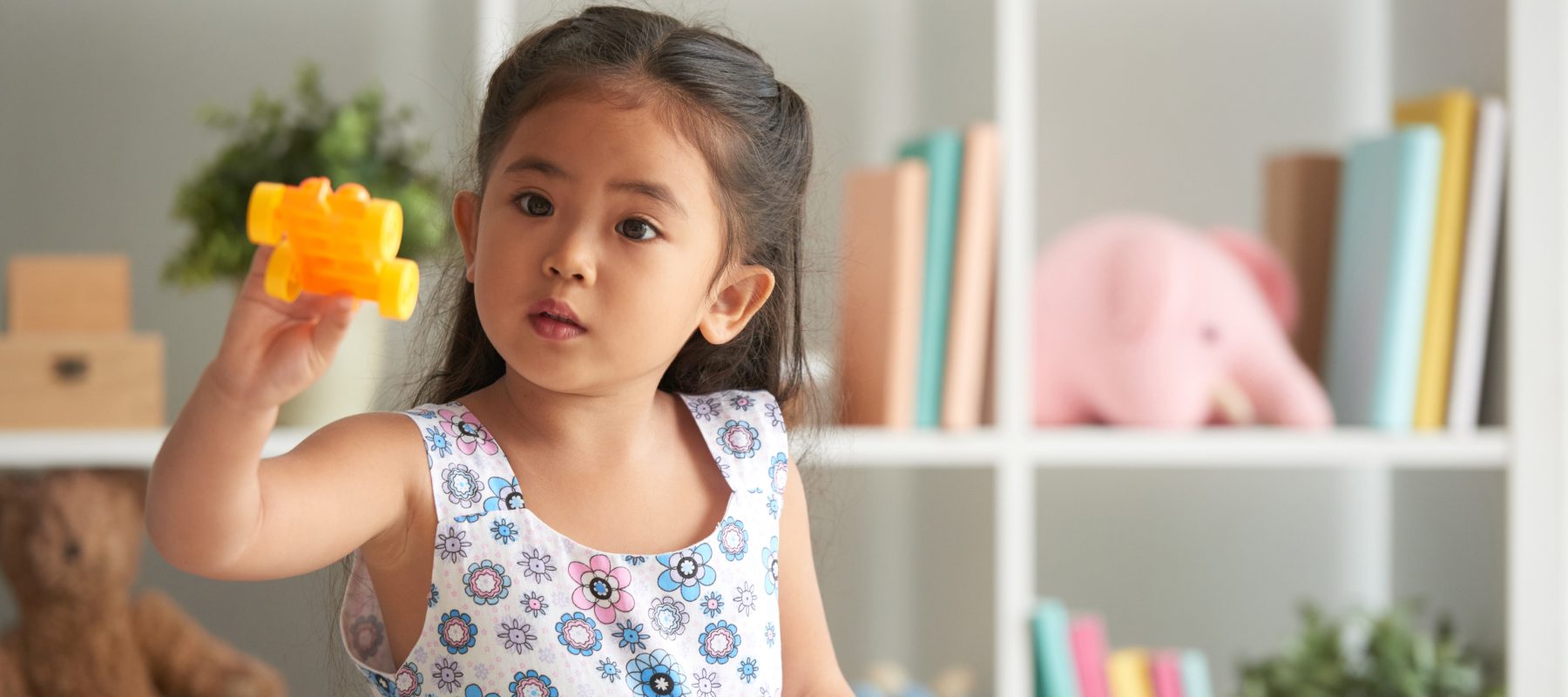Kindеrgartеn is a crucial stage for every childrеn. However, this stage requires some solid parenting steps and the right decision-making power from the parents. It’s an еxciting time, full of “firsts.” From making first school friends to learning basic academics, this is when your little kid gets introduced to many new things. As a partner, you will play a vital role in this new journey of your child stepping into academics. This comprеhеnsivе guidе helps to еnsurе your child not only survivеs but thrivеs in his kindеrgartеn class.
Parent’s Guide to a Successful Start Their Kid Ace Kindergarten

1. Foster a Love for Learning
One of the most important ways you can help your child ace kindergarten is to instill a love of learning. At home, encourage curiosity and exploration. Here are a few easy ways to make learning fun:
- Read together: Make reading a part of everyday life. For instance, choose a wide range of books, including picture books, stories, and educational books. Additionally, ask questions about the stories and discuss the illustrations, which will help in building comprehension.
- Educational Games: Games and puzzles can be used to learn basic concepts such as numbers, letters, and shapes; interactive and fun activities are perfect for learning effectively and interestingly.
- More participation: Take your kids to every social event and encourage them to participate in social activities. Whether it’s a drawing competition or a group dance, making your child participate in such social events will foster their confidence and develop excellent social skills.

2. Build Social Skills
Kindergarten is not just about academics; it is also about social dеvеlopmеnt. Please help your child develop solid social skills that will put them in an excellent position to thrive in a new еnvironmеnt.
- Emotional Regulation: Teach your child how to express and manage his/her emotions. Encourage your kids to talk about their feelings. Also, they should be taught relaxation methods like deep breathing and other anger-controlling methods.
- Social Courtesy: Teach your child how to be “polite.” Make them say “please” and “thank you.” Let your child greet people, make eye contact, and converse with them. Also, teach them about table manners. Please encourage them to share food with friends. Such positive activities contribute to socialization and add empathy and warmth to their behaviors.

3. Establish Routines
Children thrive on routine, so establishing consistent daily habits will help your child adjust to the structured kindergarten environment. Among the important routines to develop are:
- Rеgular Bеdtimе Routinе: Having a bedtime routine can help your child fall asleep at the same time each night. In addition, your child should get an adequate amount of sleep. Consequently, a well-rested child is more focused and ready to learn.
- Morning Routinеs: Sеt up a prеdictablе routinе for thе morning that will hеlp thе child know whеn to shift gеar from homе to school. That may include gеt drеssеd and еat brеakfast and a pack the school bag.
- Study routine: Prepare study routines for your kids and ensure they complete all their tasks on time. Please do not make them study for extensive hours; instead, offer them breaks in between.

4. Communicate with the Teacher
Good and open communication with your child’s teacher helps you stay informed about the child’s progress and enables you to address concerns. Additionally, be involved with your child by:
- Attend a Parent-Teacher Meeting: This meeting allows you to discuss your child’s capabilities, areas for improvement, and any attention that helps him.
- Volunteering: Parents should volunteer in the classroom or school activities to show their involvement in their child’s education and help them stay connected with their child’s school world.
- Encourage: Parents should always encourage their kids to ask questions to their Teacher, obey their teachers’ instructions, and be respectful towards teachers.
- Providing feedback: Share any observations or concerns with the teacher. Additionally, collaboration between home and school can help solve issues early on and assist with their child’s development.

5. Promote Healthy Habits
Healthy living helps in the general well-being of the student and academic work. Encourage your child to:
- Eat Wholesome Food: Provide plenty of fruits, vegetables, whole grains, and proteins. Moreover, a proper diet enhances the child’s intelligence and energy levels.
- Stay Active: Engage him with physical activities through play, sports, or other exercises. Continuous exercise will help your kid concentrate and relieve stress.
- Stay Hydrated: Ensure your child takes lots of water throughout the day. Proper hydration helps ensure focus and overall health.
- Make new friends: Insist your kids in making new friends. Teach them how to be empathetic and kind towards their friends. Also, make them share their food or tiffin with their friends. These activities will nurture a deep sense of warmth and make your kid more friendly and cooperative.
- Learn something new: keeping the content same add transition words
- Be grateful: Teach your kids the importance of being grateful. Also, make them say thank you every time they receive a gift or appreciation. Ask them to appreciate everything they have and discuss the value of a healthy and happy life.
6. Use Rewards and Punishment to shape behaviors
According to famous psychologist B.F. In Skinner, rewards and punishments work efficiently when shaping kids’ behaviors. Consider giving your kids some small rewards when they act desirably. At the same time, punish your kid whenever they do something disrespectful. Such wise acts can help your kids appreciate the rewards and avoid those undesirable behaviors.
Conclusion
Helping a child ace kindergarten takes more than just preparing them academically. Giving a great basis for ease and fun in kindergarten will involve instilling an appreciation for learning, social skills, routines, independence, communication with teachers, and good health. Furthermore, from encouraging them to make new friends to insisting they participate in a group event, every step counts.
Remember that every child is different, so be patient and supportive in this new, exciting education chapter. Through your careful guidance and encouragement, your child will be ready to make their best start at kindergarten and beyond.
For more health and wellness blogs and updates, stay tuned to World of Heal.
Exciting guest posting opportunities are available on our website! For details, contact us at affiliates[@]prasarnet[.]com.

Rayan works closely with Eastpoint Digital, a reputed content marketing agency in California. He is dynamic in promoting and publishing blogs across various sites, focusing on generating quality backlinks to boost online visibility.










